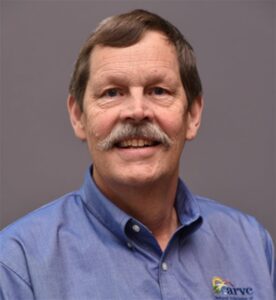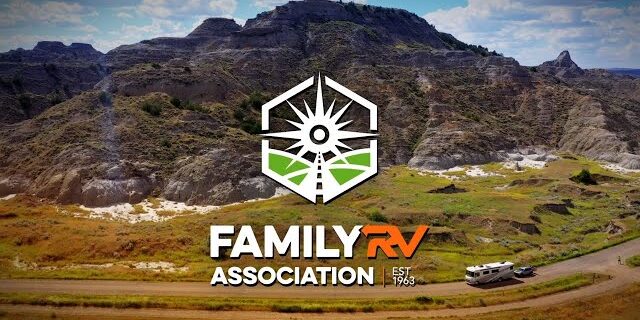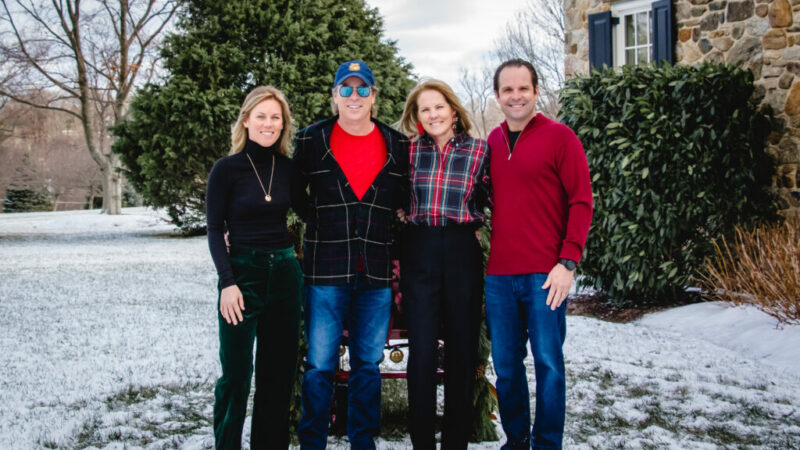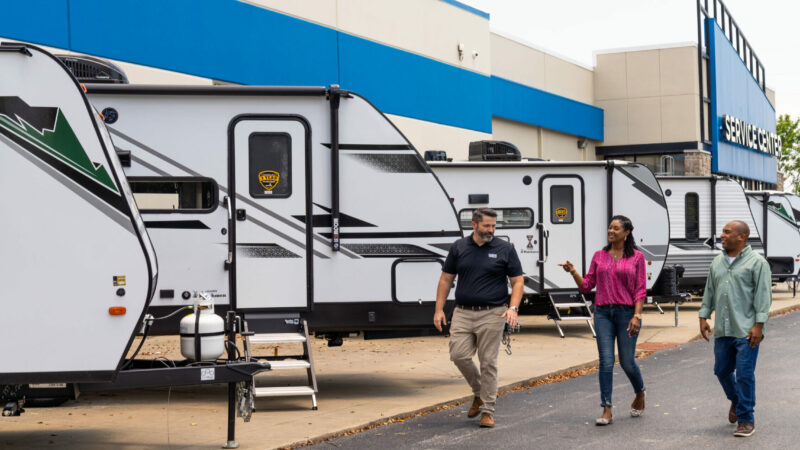Nat. ARVC Task Force Member Defends Voluntary Standards

Al Johnson
EDITOR’S NOTE: Last month, the National Association of RV Parks and Campgrounds (National ARVC) released a draft of proposed “standards” for the Outdoor Hospitality industry. The standards, while voluntary, has sparked some backlash, including several press releases from various state campground owners associations – including Pennsylvania, Texas, Florida, Alabama and New York – announcing their opposition to the initiative. In response to this, Al Johnson, a member of National ARVC’s task force that developed the standards and an executive vice president of Recreational Adventure Co. (RAC), has written the following open letter.
Dear Leaders of the Camping Industry,
I am writing to provide a campground owner’s perspective on National ARVC’s effort to provide some industry definition. Maybe some of you who reacted negatively to the concept haven’t actually looked at the recently-closed survey, or understood that it was simply gathering useful feedback. It was clearly not an overbearing effort to jam something down the throats of anyone in the broad spectrum of outdoor hospitality, as some have represented it. Did you avail yourselves of the National ARVC convention panel discussion or other methods of understanding the need and purpose of the effort?
I served on the ad hoc committee that drafted the proposed guidelines along with other volunteers who have a long history of commitment to the well-being of the industry. Maybe some of you know me or others on the committee. Giving us the benefit of the doubt that we’re not stupid or evil, why would we bring this forward? I myself agreed to work on this to make sure that it did not become overbearing. So why bring this to the membership if not because of some evil or stupid misguided power grab?
This proposal addresses three swirling clouds on our horizon as an industry: new, uninformed owners; regulatory agencies and others that are trying to define our industry for us; and new, inexperienced guests. You can deny that these issues are real, but I think you might all agree that they are true to at least some extent. As leaders yourselves, you can recognize that when issues arise, they should be addressed.
Before discussing what the guidelines are, I want to consider more closely the “why”. Outdoor hospitality is attracting investors, rather than operators, these days. Many of these investors don’t understand the industry. These guidelines help to provide definitions and considerations that new owners should know about. Without getting into methods or practices, a full spectrum of the things an owner should have on their radar is provided. Not everything applies to everyone, and all of it is voluntary. It is intended to be bathed in education for those who want to learn specific best practices.
Secondly, as outdoor hospitality has emerged as a leading travel and vacation style in recent years, it is garnering more attention from regulators, especially as we try to build or expand our parks. Since the regulators don’t know our industry, wouldn’t it be better if the industry itself provided the definition rather than ceding that inevitable chore to others? In the current absence of industry definitions or guidelines, it is not only regulators who would attempt to define us. Would you rather have an insurance company decide what a campground should be? Or politicians? Or RV manufacturers who are hearing from their buyers about disappointing parks? Would it not make more sense for us to come together as an industry and provide definitions that we feel are reasonable, rather than allow others to do it? Data shows that our guests, especially new campers, desperately want to know what kind of park they are choosing. I agree that this underlying desire on the part of our guests is the trickiest for us as an industry. Still, industries that listen to what their customers want will be stronger in the long run so it is at least worth considering. The hotel industry has achieved a broad understanding about what a suite property is, a luxury hotel, an economy hotel, etc. Can you think of any national organization that does not try to provide the world with an understanding of what they do? This proposal tries to get ahead of these things. Is that not what leaders should try to do?
You will notice that I have refrained from using the term “standards” at all in this letter. I think that term has become incendiary and is no longer part of the discussion. But what are we talking about? Someone proposed the term “industry handbook”. Whether that becomes the term or something else, these proposed items simply call out considerations in the widest variety of areas we could think of, from industry definitions (so when we say “seasonal” or “resort” we know what is being referenced) to ethics; from construction considerations to safety; etc. The ad hoc committee I serve on drew up a proposal, knowing that we could not possibly get it completely right, but that it was a place to start. We are now honestly seeking the best outcome and we need everyone to look at it. At its very root, it is voluntary and meant to be informative. There are no “thou shalts”. “Cookie cutter” parks are the farthest from any intention of this effort. We can form educational tools to help all campgrounds determine the variety of ways they respond to the items, if at all.
Finally, I think it is important to consider what seems to be a main theme behind pushback from some state associations- fear of membership loss. Keep in mind that the volunteers on National ARVC’s board and the ad hoc committee are dedicated to National ARVC’s mission statement to “represent the interests and needs of private RV parks and campgrounds”. If our state members don’t see the need for this right now, maybe state leaders should help them see what is coming down the pipe and how this effort can help them in front of planning commissions, insurance companies, or even their guests. That is what it is intended to do. I have heard at least one state association alluding to the potential severing of ties with National ARVC because members are upset about this idea. Industry unity is critical right now in the face of our challenges. Disruption and separation are exactly the wrong course. If there is to be an industry handbook, it needs to be on the national level. It would exist and function whether a particular state partnered with National ARVC or not. But if states partner with National ARVC, they will be able to mold the handbook to be the most helpful to all of us.
Consider that if a partnering state severs its relationship with National ARVC, state membership levels could suffer more than if the state stays the course. If our current members aren’t automatically members of both groups, as it is now with cooperating states, I don’t think it is a stretch to think that some campgrounds will choose between one association or the other. If a park is forced to look at the costs and benefits separately, some may opt to go with the national benefits, educational programs, advocacy, music licensing, web presence, etc. at a lower cost than the state dues. This is probably especially true for the new corporate players. We are better together.
Individual members are not threatened by this effort. No one is coerced to change anything, yet it helps our industry define itself when others are crying out for that definition. Please work to keep our industry unified and help members understand the opportunity that this provides. Thank you for your leadership.
Al Johnson
Source: https://rvbusiness.com/nat-arvc-task-force-member-defends-voluntary-standards/






